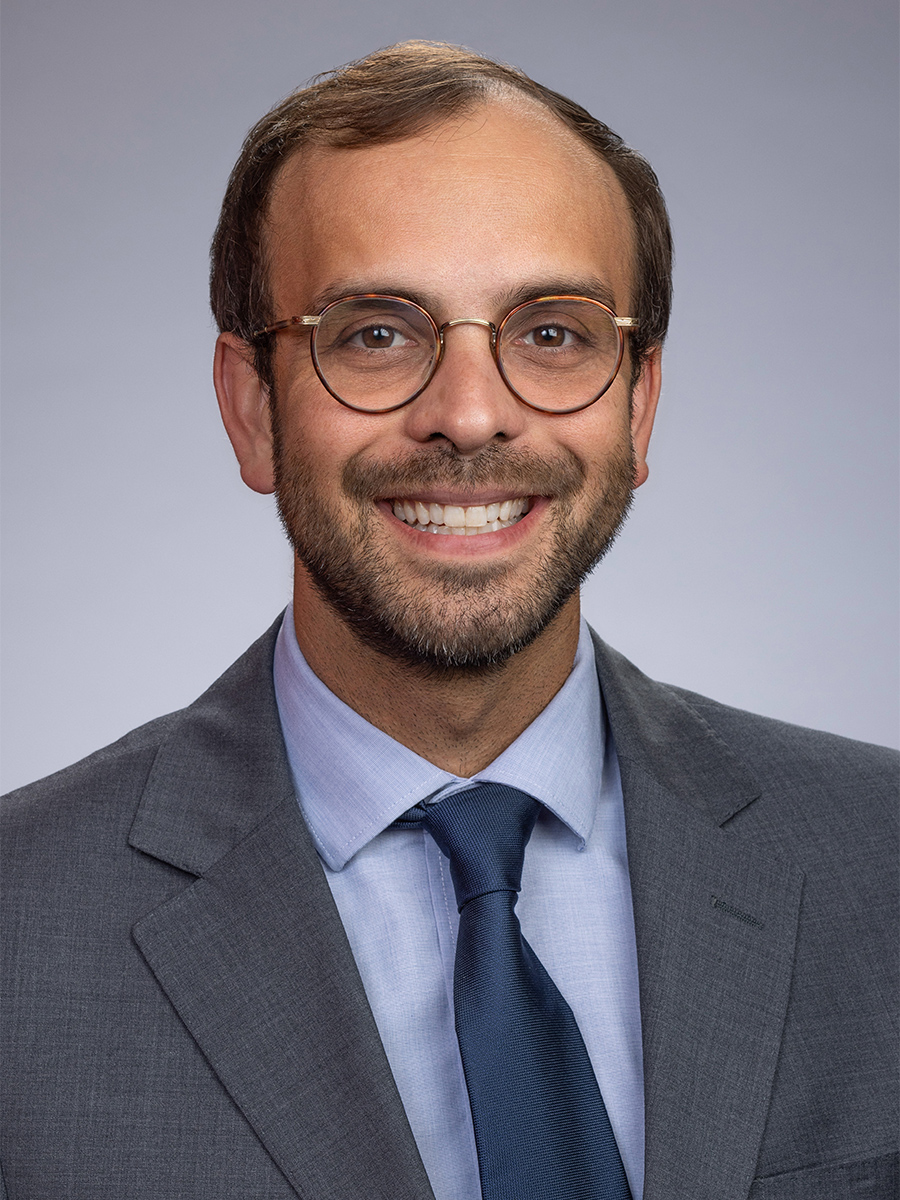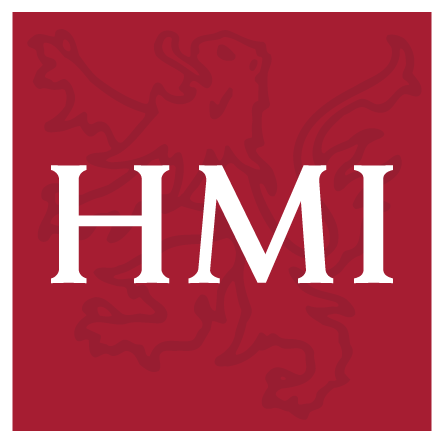The Program for Educators in Health Professions brings together scholars from across the globe annually. To better highlight our vibrant community, we are profiling several of our recent scholars and asking them about their experience in our courses. In this blog post, we interview David Ansari, PhD, assistant professor in the Department of Medical Education at the University of Illinois College of Medicine, about his experience in the Harvard Macy Institute Educators program.
Harvard Macy Institute: How would you describe your personal and professional background?
I am a cultural and medical anthropologist. My research, teaching, and scholarly interests mainly revolve around the social determinants of mental health, emphasizing the mental well-being of health professions education learners. I have been involved in various projects, but one that I am currently focusing on is a project on flourishing and well-being among medical students.
Harvard Macy Institute: What led you to apply to our Program for Educators in Health Professions program?
It was one of my mentors, Professor Christine Park, who told me about the Program and encouraged me to apply. I was very fortunate because she encouraged me to apply to the program before I started my position at the University of Illinois. I was particularly excited to learn about current work in simulation and its potential to serve not only as a training ground for health professions education trainees but also as a thoughtful platform for navigating complex clinical encounters. Even though they are more difficult, these interactions provide a safe environment for significant learning opportunities.
Harvard Macy Institute: How would you describe your overall experience in this program?
My overall experience was so terrific that I have returned as a faculty member this year. As a scholar, I thoroughly enjoyed engaging in the different sessions and found value in learning across the different themes presented in the course. Having trained as an anthropologist and moving into working in health professions education, everything felt new to me. I not only deepened my understanding during the program but also found invaluable support as I navigated the intricacies of my department. I also cannot emphasize enough how great the project groups were for my learning. For the better part of an academic year, I was working with other scholars who had a variety of diverse professional and personal backgrounds. It was wonderful to be in a space where people could lend their expertise in a way that enriched everyone’s projects. Now, as a returning scholar and faculty member, I am leading one of the project groups and it is a fulfilling way of providing support to others going through the program.
Harvard Macy Institute: How do you think this program is applicable to your profession?
I think that the Program for Educators in Health Professions helped me navigate complexities within my own field and my own department. With the experience and expertise, I developed through the Harvard Macy Educator’s program, my colleagues were aware that despite coming from a different background, I had a very good handle on aspects of Health Professions Education (HPE). I also think the network I developed during the course connected me to a community of interdisciplinary scholars. Moreover, around the time I completed the Harvard Macy Institute Program for Educators, I also became involved with an emerging network within anthropology, specifically focused on clinical training. That is a network that I am now proud to be a part of called the Anthropologists of Health Professions Education, and having the HMI Program for Educators experience complemented my involvement in this new network of anthropologists.
Harvard Macy Institute: What were the two most important takeaways that you gained from the program?
First, the element that stands out to me most is the people involved and network the program cultivates. The program’s leadership was exceptional. For instance, when I go to the AAMC conference, there is often a meetup of Harvard Macy Institute alumni. It is always engaging to meet people that might be in my cohort as well as meeting people who are part of our Harvard Macy Institute community. Second is the appreciation, flexibility, and understanding of different frameworks and kinds of scholarship. This creates a mutually enriching atmosphere. I thrive in an interdisciplinary setting and that is what is so enriching about our HMI community. It serves as a platform where educators can cultivate their strengths and gain insights into diverse methods, contributing to a collaborative learning environment.
Harvard Macy Institute: How do you feel this program has impacted your behavior within your professional work? Can you provide an example?
This experience has significantly altered how my colleagues perceive me, and I believe it is crucial to highlight this because it has changed everything. My position started as a research fellowship and transitioned to a professor position. I had made that transition early and it was made possible because I could demonstrate to my department that I possessed the skills and knowledge to be a proficient scholar in medical education and health professions. I think it would have taken a lot longer for me to prove that if I had not participated in the Harvard Macy Educators program. I also think that when people do this program, it changes their colleagues' behavior toward them because they know its significance. In summary, it is a career game-changer.
Harvard Macy Institute: How do you feel this course is different than other continuing medical education or professional development courses you have taken?
I haven't taken any other continuing medical education courses, but I will say I have had conversations with other people who have done this course. I think it’s a good balance that emphasizes scholarship, communication and engages assessment. I think that through the program people enrich their areas of familiarity but also gain a good deal of understanding of areas that are less familiar. So, I think in that sense it’s a unique program as it is both broad and deep.
Harvard Macy Institute: Would you recommend the Program for Educators in Health Professions to a colleague? If so, why?
Yes, absolutely. For instance, I have recommended the program to many people in my department. My colleagues come from different backgrounds and different levels within medical education. I recommend this HMI program because I think it is a good way for anyone interested in medical education and HPE to shine in their expertise and become more well-rounded.
Did you know that the Harvard Macy Institute Community Blog has had more than 380 posts? Previous blog posts have interviewed other past Program for Educator scholars including Jennifer Graber and Elvira Lang.

David Ansari, PhD (Educators ’23) is an Assistant Professor in the Department of Medical Education at the University of Illinois College of Medicine. David’s areas of professional interest include the social determinants of mental health, mental health and well-being among health professionals, and ethnographic and qualitative research methodologies. David can be contacted via email.
HMI Staff


